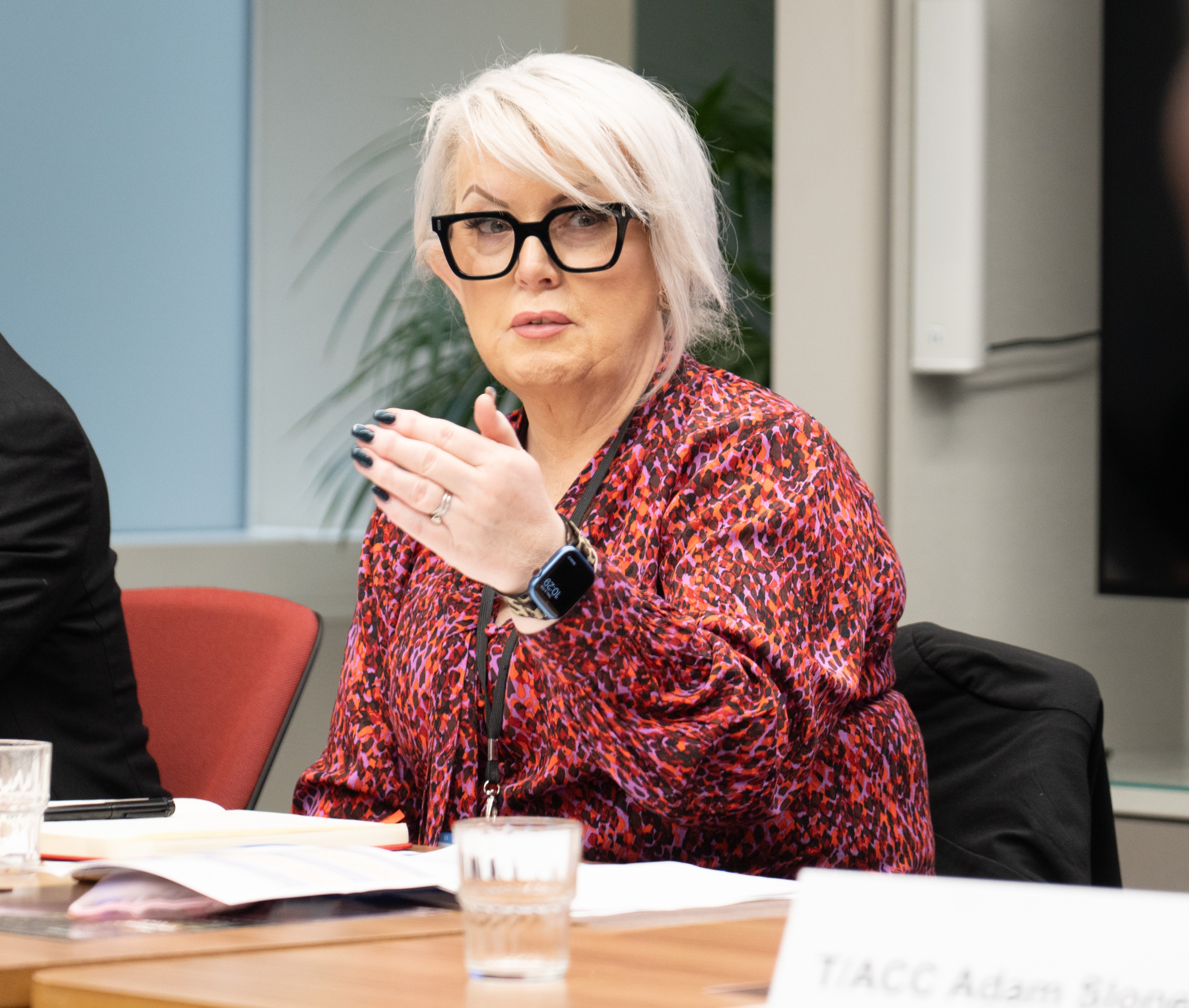ARTICLE AD BOX
Criminals could face up to two more years behind bars and lose prison privileges if they refuse to attend court to be sentenced under “long overdue” reforms.
The tougher sanctions come after a series of high-profile killers refused to face their victim’s families as their punishments were handed down at court.
Grieving families led calls for changes to compel killers to appear in the dock after gunman Thomas Cashman, who murdered nine-year-old Olivia Pratt-Korbel in Liverpool, refused to attend as he was jailed for life in April 2023.
Sir Keir Starmer promised to carry on a pledge to change the law, first made by his predecessor Rishi Sunak, when he met Olivia’s mother Cheryl Korbel.

Under the reforms being introduced to parliament in the Victims and Courts Bill on Wednesday, judges will have the power to sentence offenders for up to two more years in prison for avoiding justice by refusing to attend crown court for sentence.
For those who already face lengthy imprisonment or whole life orders, judges could also impose a range of prison punishments on offenders such as confinement to their cells and the stripping of privileges such as extra gym time.
Offenders who have been ordered to attend by a judge but whose disruptive and disrespectful behaviour results in their removal from the courtroom will also be punishable by the same means.
Earlier this year, triple crossbow and knife killer Kyle Clifford refused to attend his sentencing where he received a whole life order in March, while Southport child-murderer Axel Rudakubana avoided facing victims' families as he was removed from his hearing for repeatedly shouting in January.
Other high-profile cases where offenders were absent from sentencing include serial child killer Lucy Letby, law graduate Zara Aleena's murderer Jordan McSweeney, and primary school teacher Sabina Nessa's killer Koci Selamaj.

Justice secretary Shabana Mahmood said: "This bill will deliver long overdue reforms to ensure victims see justice done and are given the vital support they need as they rebuild their lives.
"There is still more work to do as we fix a justice system that was left on the brink of collapse, but this bill is a step towards rebuilding victims' confidence through our Plan for Change."
Justice minister Alex Davies-Jones added: "I would like to thank the remarkable families of Olivia Pratt-Korbel, Jan Mustafa, Sabina Nessa and Zara Aleena and countless others who have campaigned tirelessly for offenders to have to face the reality of their crimes by attending their sentencing.
"Justice isn't optional – we'll make sure criminals face their victims."

The bill also plans to restrict parental responsibility from child sex offenders who committed serious crimes against their own child to boost protection for victims.
The move will stop them being able to ask for updates on their child's schooling or trying to interfere in their life.
Meanwhile, the victims' commissioner will be required to produce an independent report on whether agencies are meeting their statutory duty over the Victim's Code, in a bid to further hold the government to account.
Victims' commissioner for England and Wales, Baroness Newlove, said: "These important and welcome reforms give the victims' commissioner the statutory powers needed to deliver on the role's promise: championing victims' rights, scrutinising compliance with the Victims' Code, holding agencies to account, and spotlighting the true victim experience to drive meaningful change.
"Crucially, it introduces much-needed oversight and accountability to how agencies respond to anti-social behaviour - an area where victims have too often felt unheard and unsupported."









 English (US) ·
English (US) ·